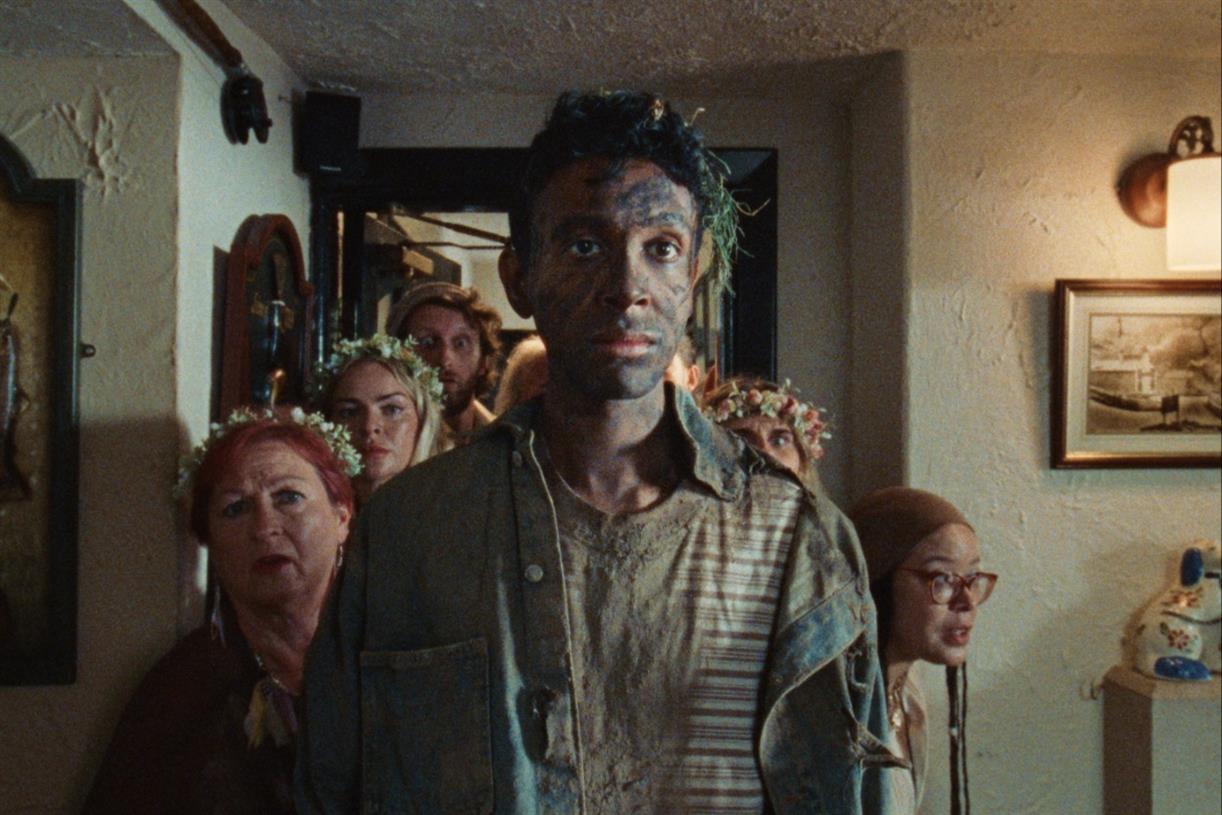When You Should Buy Tools Individually (and When You Should Buy a Set)
Don't waste money on tools you'll never use.


Credit: LiveFree studio/Shutterstock
When you're getting started on a new home improvement project—or are new to DIY in general—chances are you'll need to buy at least a few tools. Most of the time, you'll have the option of purchasing the tools you need individually, or as part of a multi-piece set. There are advantages and disadvantages to each approach, so I asked two home improvement experts what people should consider when stocking their toolbox.
When to buy tools individually
It makes more sense to buy tools individually if:
It's for a particular project
Specialized tools with limited uses typically make more sense to purchase individually, says Brett Labeka, a building maintenance expert at Frontdoor, an app that functions like telehealth for home improvement, guiding people through their home repair and maintenance issues. "Choose individual tools for tailored needs, like a specific type of screwdriver for electronics, or a unique saw for woodworking."
You don't want to compromise on quality
When you buy tools one at a time, you can opt for the best in each category, says Drew Mansur, co-founder and director of TileCloud. "This usually means they'll last longer and work better."
You want a customized collection
According to Labeka, purchasing tools individually allows you to gradually build a customized toolkit over time "that reflects your personal preferences and ergonomic needs."
You're short on storage space
Not everyone has a garage, basement, or shed for storage. "You can avoid cluttering your space with tools you'll never use, [by] keep[ing] your selection of tools specific to what you need," Mansur says.
Your budget is limited
Tools in large multi-piece sets might cost less per item than tools purchased individually, but these kits also require a larger upfront investment. "Focus your budget on tools that you will frequently use, avoiding the expense of unneeded items," Labeka says.
The downside
While buying individual tools as you need them may be your only option if you're short on cash, over time, the costs of acquiring them this way will add up. This is also the case for those who skip the multi-piece sets so they can purchase the highest-quality versions of each tool, both Mansur and Labeka note.
When to buy tools as a set
It makes more sense to buy tools as a set if:
You're starting from scratch
When you need even the most basic tools, starting off with a set might be the best option. "If you've got a mix of jobs to do and need a bunch of different tools, grabbing a set can save you some cash and hassle," says Mansur. Will each tool be of the highest quality? Probably not. But most of the time they'll be fine for non-professional use.
You want the most bang for your buck
If you can afford the upfront cost of a multi-piece tool set, it will typically save you money in the long run. "Sets usually work out cheaper than buying everything separately," says Mansur.
The downsides
Tools in multi-piece sets aren't known for their quality. "Some pre-made sets may include lower-quality tools to keep costs down," says Labeka. And while the cost per tool is typically lower than purchasing tools individually, that math only really makes sense if you divide the price of the set by the number of tools in it that you actually need.

 Konoly
Konoly 
































